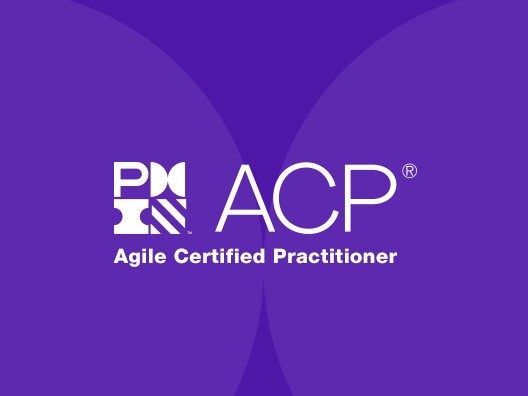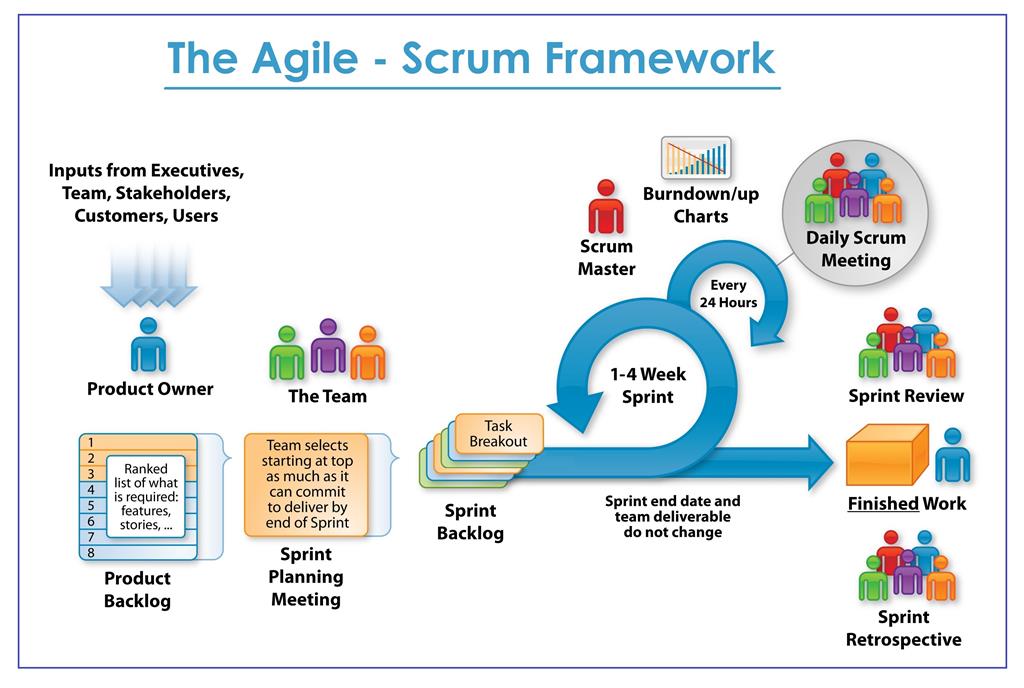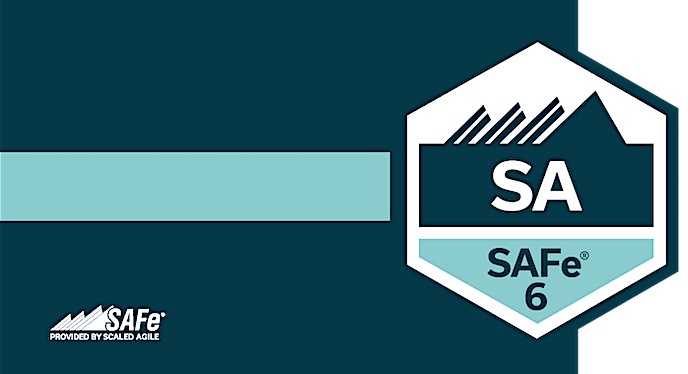Description
Introduction of PMI Agile Certified Practitioner
The PMI Agile Certified Practitioner (PMI-ACP) certification is an industry-recognized credential that validates a project manager’s knowledge and skills in Agile methodologies. Agile techniques are crucial for managing projects in today’s fast-paced and ever-changing business environments. This course will prepare project managers to pass the PMI-ACP exam while deepening their understanding of advanced Agile practices and tools. You will gain the knowledge needed to implement Agile effectively across diverse project teams and organizations, ensuring successful project delivery.
The course focuses on advanced Agile techniques, including Scrum, Kanban, Lean, XP, and other methodologies. It will guide you through the preparation process for the PMI-ACP exam, ensuring you have the tools, practices, and understanding to implement Agile successfully in your projects.
Prerequisites
- A minimum of 2,000 hours of general project experience.
- A minimum of 1,500 hours of Agile project experience.
- Familiarity with Agile concepts and frameworks (Scrum, Kanban, etc.).
- Knowledge of basic project management principles.
Table of Contents
- Introduction to PMI-ACP Certification
1.1 Overview of the PMI-ACP Exam and Benefits
1.2 Eligibility Requirements for the PMI-ACP Exam
1.3 Key Topics and Domains Covered in the Exam
1.4 Understanding the PMI-ACP Certification Process
1.5 Setting Up a Study Plan for PMI-ACP - Agile Fundamentals and Principles
2.1 The Agile Manifesto and its 12 Principles
2.2 Comparing Agile and Traditional Project Management
2.3 The Role of the PMI-ACP in Agile Transformation
2.4 Core Agile Frameworks and Methodologies
2.5 Understanding the PMI-ACP Domains of Knowledge - Agile Tools and Techniques
3.1 Scrum Framework: Roles, Artifacts, and Events
3.2 Kanban: Visualizing Work and Flow Optimization
3.3 Lean Principles and Practices in Agile Projects
3.4 Extreme Programming (XP) and its Practices
3.5 Test-Driven Development (TDD) and Continuous Integration - Agile Project Lifecycle and Phases
4.1 Agile Project Initiation and Team Formation
4.2 Planning in Agile Projects: Backlogs and Roadmaps
4.3 Iteration and Increment Delivery
4.4 Monitoring and Controlling Agile Projects
4.5 Agile Project Closing: Retrospectives and Continuous Improvement - Advanced Agile Techniques for Project Management
5.1 Agile Estimation Techniques: Story Points and Planning Poker
5.2 Risk Management in Agile Projects
5.3 Managing Stakeholders in Agile Environments
5.4 Agile Metrics and Performance Tracking
5.5 Agile Reporting: Burndown Charts, Velocity, and Cumulative Flow Diagrams - Team Dynamics and Collaboration in Agile
6.1 Building and Leading High-Performing Agile Teams
6.2 Conflict Resolution and Problem-Solving in Agile Teams
6.3 The Role of the Scrum Master and Agile Coach
6.4 Effective Communication and Collaboration Tools
6.5 Managing Distributed and Remote Agile Teams - Scaling Agile Practices for Large Projects
7.1 Scaling Scrum: The Scaled Agile Framework (SAFe)
7.2 Large-Scale Scrum (LeSS) and Nexus Framework
7.3 Managing Multiple Agile Teams in Large Projects
7.4 Agile Portfolio Management: Aligning Strategy with Execution
7.5 Organizational Agility: Implementing Agile across the Enterprise - Agile Risk Management and Continuous Improvement
8.1 Identifying and Managing Risks in Agile Projects
8.2 Agile Risk Management Frameworks
8.3 Continuous Improvement with Agile Retrospectives
8.4 Implementing Kaizen for Agile Teams
8.5 Ensuring Sustainable Practices in Agile Environments - Preparing for the PMI-ACP Exam
9.1 Review of PMI-ACP Exam Domains and Content Outline
9.2 Study Techniques for PMI-ACP Success
9.3 Sample Exam Questions and Practice Tests(Ref: Scrum Master Certified: Leading Agile Teams and Delivering Value)
9.4 Time Management Strategies for the Exam
9.5 Tips for Taking the PMI-ACP Exam - Conclusion
10.1 Recap of Key Concepts and Techniques for the PMI-ACP Exam
10.2 Continuing Your Agile Journey After PMI-ACP Certification
10.3 Additional Resources for Ongoing Agile Learning
10.4 Building a Career in Agile Project Management
10.5 Final Preparation Tips for PMI-ACP Success
Conclusion
Achieving PMI-ACP certification signifies a strong command of Agile methodologies, enabling project managers to lead teams with flexibility, responsiveness, and efficiency. By mastering the advanced techniques taught in this course, you will be fully prepared to pass the PMI-ACP exam and demonstrate your expertise in Agile practices.
The PMI-ACP certification not only boosts your credentials but also enhances your ability to drive successful outcomes in Agile projects. With the tools, techniques, and strategies covered, you will be equipped to manage projects in dynamic environments, collaborate effectively with cross-functional teams, and adapt to ever-changing client needs. As you continue to apply Agile principles in real-world scenarios, you will foster a culture of continuous improvement and deliver consistent value.










Reviews
There are no reviews yet.